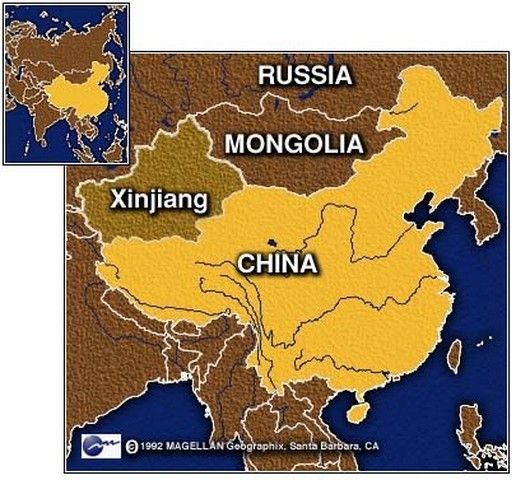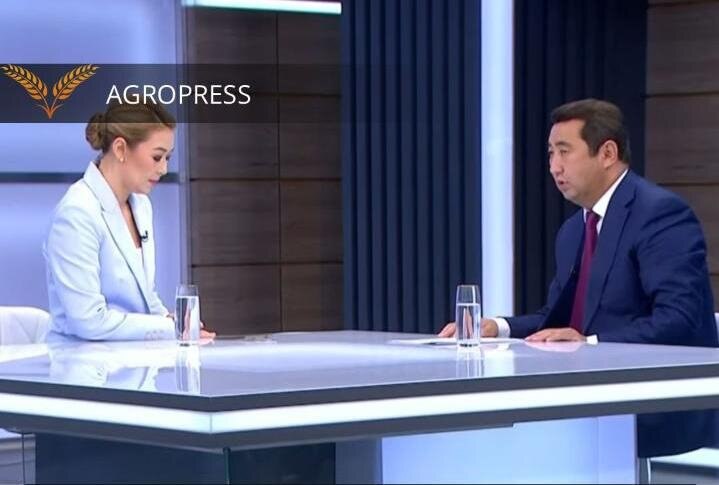BISHKEK (TCA) — The US House of Representatives on December 3 approved a bill that would require the Trump administration to impose sanctions on senior Chinese officials over allegations of mistreatment of China’s Uighur ethnic minority. To become law, the bill must pass the US Senate and then be sent to US President Donald Trump, Sputnik news agency reported.
The Chinese Foreign Ministry in a statement issued early on December 4 characterized US lawmakers as attempting to discredit “China’s efforts to de-radicalize and combat terrorism” in the Xinjiang region, complaining that the US bill “seriously interferes in China’s internal affairs”.
“The issue of Xinjiang is not human rights, ethnic and religious issues, but anti-terrorism and anti-separatist issues. Xinjiang has been plagued by extremist and violent terrorist activities,” the statement said.
The ministry urged the US to “immediately correct the mistake”, referring to the bill, and stop the enactment of “the above-mentioned Xinjiang law” and cease “the usage of Xinjiang-related issues to interfere in China’s internal affairs”, adding that “China will react further in the light of the development of the situation”.
“We want to inform the US that the affairs of Xinjiang are purely internal affairs of China, and no foreign intervention is allowed,” the statement said.
In late August 2018, the UN Committee on the Elimination of Racial Discrimination documented large numbers of ethnic Uighurs and other Muslim minorities detained in political “re-education camps” in Xinjiang, often for long periods without being charged or tried, under the pretext of countering terrorism and religious extremism.
Beijing authorities insist that the enormous detention camps are vocational education and training centers for Uighurs to learn language and law, as well as gain professional skills. The camps are also claimed by Beijing to strengthen resistance to extremism and terrorism.





